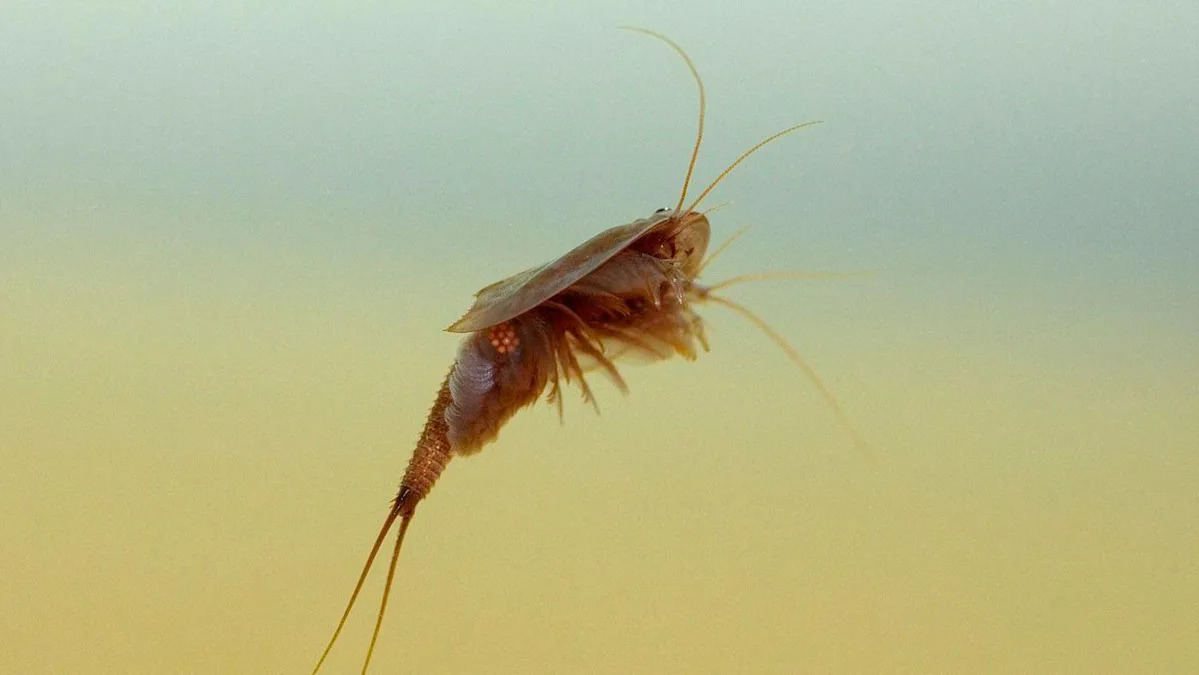Home / Environment / Rare Tadpole Shrimp Hatch in Scotland After 75-Year Absence
Rare Tadpole Shrimp Hatch in Scotland After 75-Year Absence
16 Oct
Summary
- Tadpole shrimp, a relative of one of the oldest known animals, returned to RSPB Scotland's Mersehead Reserve
- Last official record of the species at the site was in 1948, wiped out in the 1960s
- Recent wet weather has allowed the eggs to hatch, with two adult shrimps spotted in October 2025

In a significant conservation victory, the rare tadpole shrimp has returned to a nature reserve in southern Scotland after more than 75 years. The ancient creature, a relative of one of the oldest known animal species in the world, has been reintroduced to the RSPB Scotland's Mersehead Reserve in Dumfries and Galloway.
The last official record of the tadpole shrimp at the site was in 1948, before the population was wiped out in the 1960s due to coastal erosion. However, through a collaborative conservation effort, wildlife charities have been working to reestablish the species in the area. In the summers of 2024 and 2025, dried sediment containing over 20,000 shrimp eggs was spread into seasonal coastal pools at the reserve.
Now, in October 2025, the recent wet weather has finally allowed these eggs to hatch, with two adult tadpole shrimps spotted at the site for the first time in more than three-quarters of a century. This remarkable comeback is the result of years of surveys, research, and preparation by various organizations and individuals dedicated to restoring Scotland's natural heritage.
The return of the tadpole shrimp is a testament to the power of conservation and the resilience of these ancient creatures, which have survived even ice ages through their "very clever biology." This success story serves as an inspiration for further efforts to protect and revive endangered species across the country.




